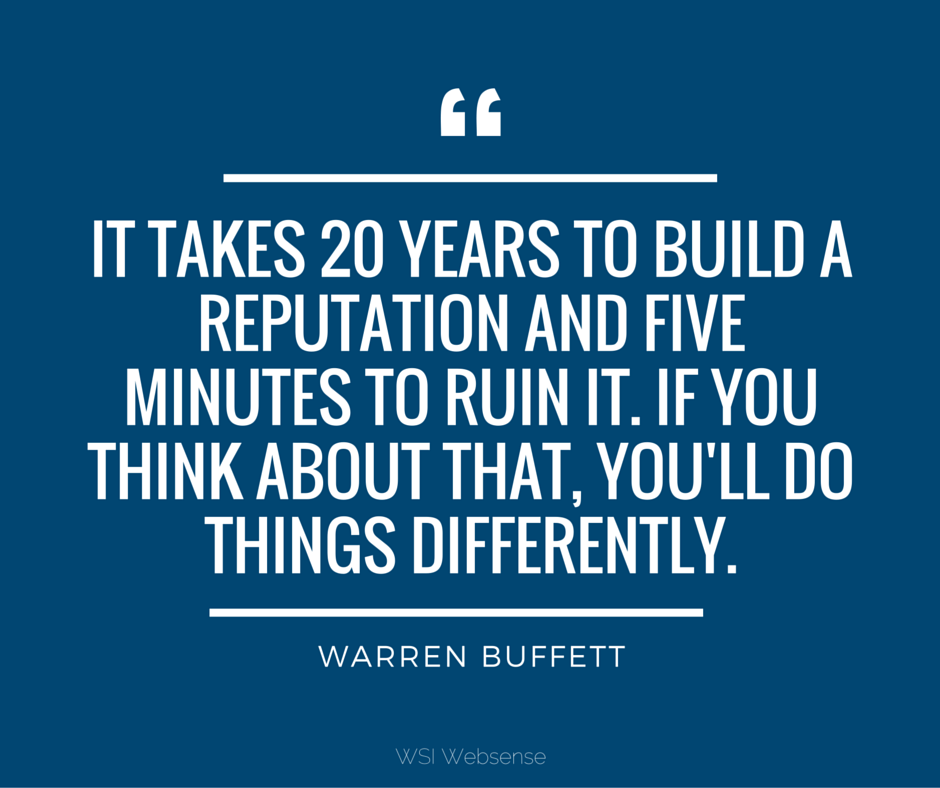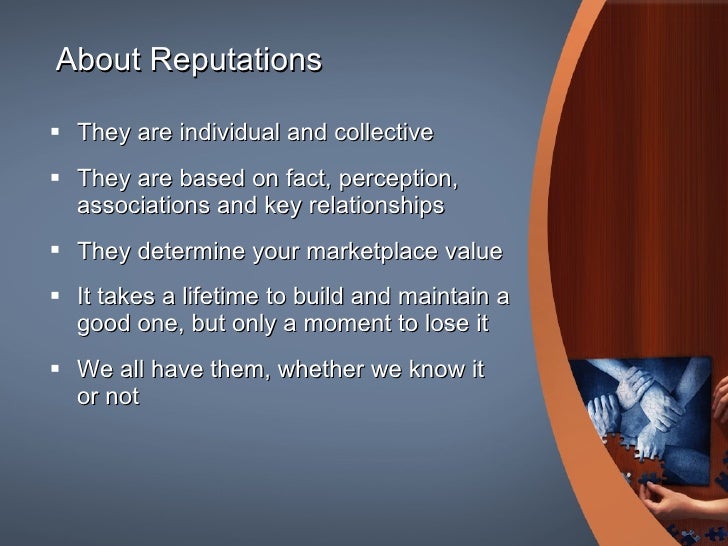Why Is It Important To Have A Good Reputation
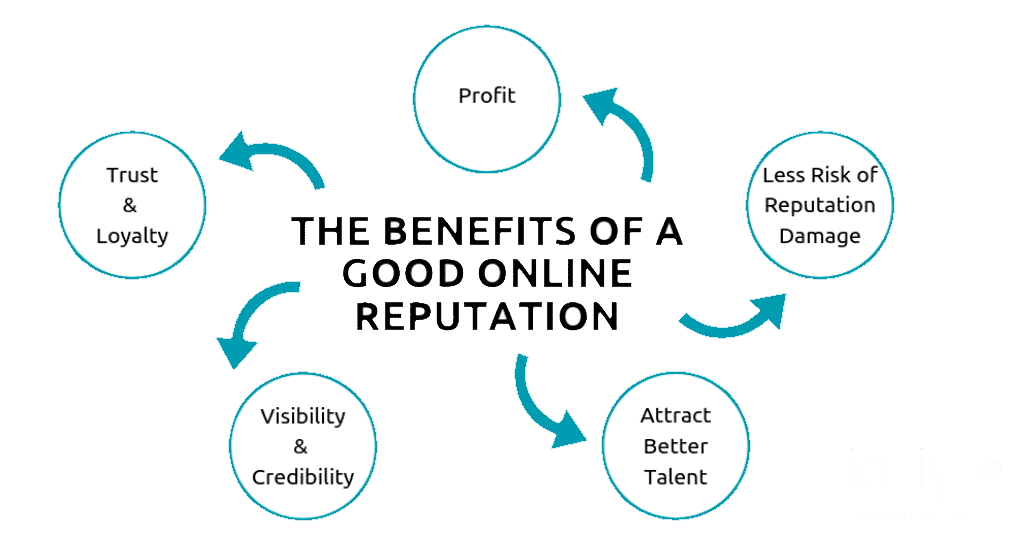
In today's interconnected world, where information spreads at lightning speed, a good reputation is more than just a matter of pride. It's a critical asset that can significantly impact an individual's career, a company's bottom line, and even a nation's standing on the global stage. But why is cultivating and maintaining a positive reputation so essential, and what are the tangible benefits it offers?
At its core, a strong reputation fosters trust, and trust is the bedrock of all successful relationships, both personal and professional. This article will delve into the multifaceted importance of a good reputation, exploring its impact on various aspects of life and examining strategies for building and safeguarding this invaluable asset. We will look at how it contributes to career advancement, business success, and overall societal well-being.
Career Advancement and Personal Branding
In the competitive job market, a positive reputation can be a significant differentiator. Employers increasingly rely on online sources, including social media and professional networking sites, to assess potential candidates.
A strong online presence showcasing positive contributions, professional achievements, and ethical conduct can significantly enhance a candidate's appeal. Conversely, negative information, such as unprofessional online behavior or negative reviews, can severely damage a candidate's chances.
According to a 2023 survey by CareerBuilder, 70% of employers use social media to screen candidates. This highlights the critical need for individuals to actively manage their online reputation and ensure it reflects their skills and values.
Business Success and Customer Loyalty
For businesses, a good reputation is paramount to attracting and retaining customers. In an era of instant reviews and social media sharing, a company's reputation can be made or broken in a matter of minutes.
Positive reviews, ethical business practices, and a commitment to customer satisfaction all contribute to a strong reputation. This, in turn, leads to increased customer loyalty, positive word-of-mouth referrals, and ultimately, higher profits.
A 2022 report by the Reputation Institute found that 87% of consumers say reputation is a key factor when deciding to do business with a company. Furthermore, companies with strong reputations often enjoy a competitive advantage in attracting investors and securing partnerships.
The Ripple Effect: Societal Impact
The importance of a good reputation extends beyond individual and business success. It also plays a crucial role in shaping societal norms and promoting ethical behavior.
Individuals and organizations with strong reputations are more likely to be trusted and respected within their communities. This allows them to exert a positive influence and contribute to the overall well-being of society.
Moreover, a culture that values reputation encourages accountability and transparency. This leads to greater ethical conduct and helps to build a more just and equitable society.
Strategies for Building and Maintaining a Positive Reputation
Building a good reputation is an ongoing process that requires consistent effort and commitment. For individuals, this includes actively managing their online presence, engaging in ethical behavior, and building strong relationships with others.
For businesses, it means prioritizing customer satisfaction, adhering to ethical business practices, and actively engaging with stakeholders. Transparency and open communication are also essential for building trust and maintaining a positive reputation.
According to a 2021 study by Deloitte, companies that prioritize reputation management are more likely to attract and retain top talent. This underscores the importance of investing in reputation management as a strategic business imperative.
The Cost of a Tarnished Reputation
The consequences of a damaged reputation can be devastating, both for individuals and organizations. Lost job opportunities, decreased sales, and damaged relationships are just some of the potential repercussions.
Rebuilding a tarnished reputation can be a long and difficult process, requiring significant effort and resources. In some cases, the damage may be irreparable.
As Warren Buffett famously said, "It takes 20 years to build a reputation and five minutes to ruin it. If you think about that, you'll do things differently."
Therefore, proactive reputation management is crucial for mitigating risks and protecting this invaluable asset.
Looking Ahead: The Future of Reputation Management
As technology continues to evolve, the landscape of reputation management is becoming increasingly complex. Social media, online reviews, and artificial intelligence are all playing a growing role in shaping perceptions.
Individuals and organizations must adapt to these changes and develop effective strategies for navigating this dynamic environment. This includes actively monitoring online conversations, responding promptly to negative feedback, and leveraging technology to enhance their reputation.
Ultimately, the importance of a good reputation will only continue to grow in the years to come. Those who prioritize building and maintaining a positive reputation will be best positioned to succeed in an increasingly competitive and interconnected world.
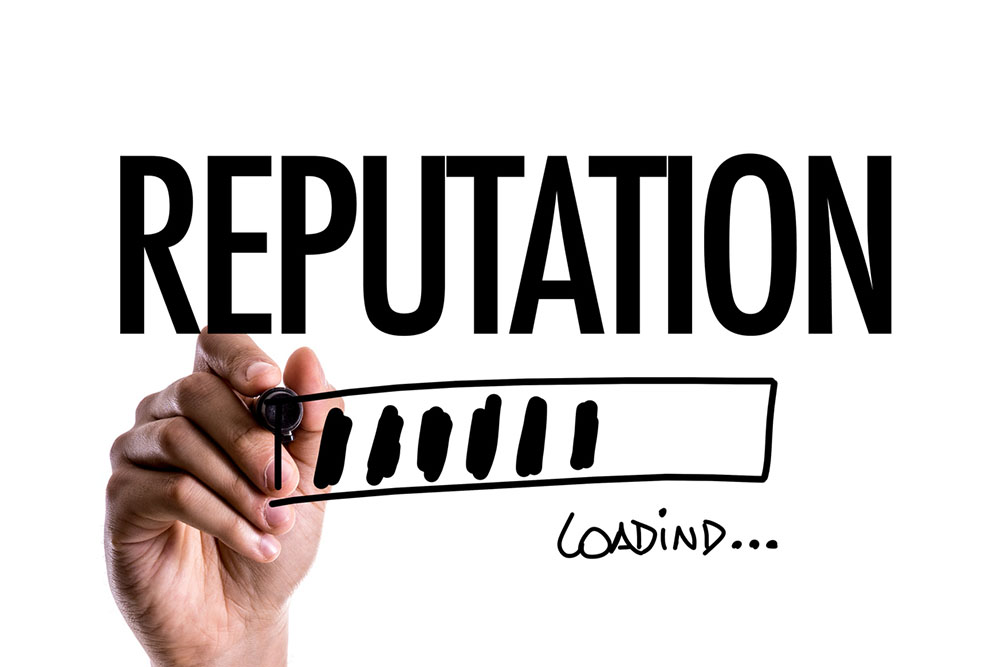


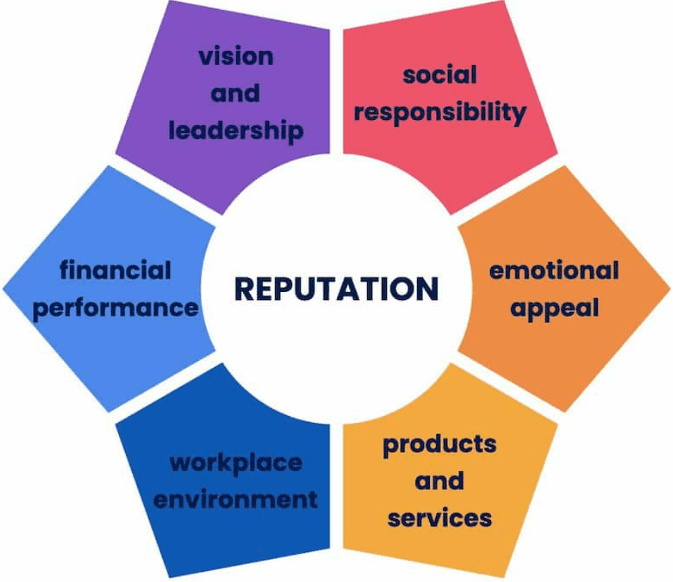

![Why Is It Important To Have A Good Reputation Why Your Company's Reputation Matters [Infographic] | WebFX](https://www.webfx.com/wp-content/uploads/2021/10/08-rep-management-how-to-improve.png)
![Why Is It Important To Have A Good Reputation Why Your Company's Reputation Matters [Infographic] | WebFX](https://www.webfx.com/wp-content/uploads/2021/10/why-your-companys-reputation-matters-infographic-1.png)



